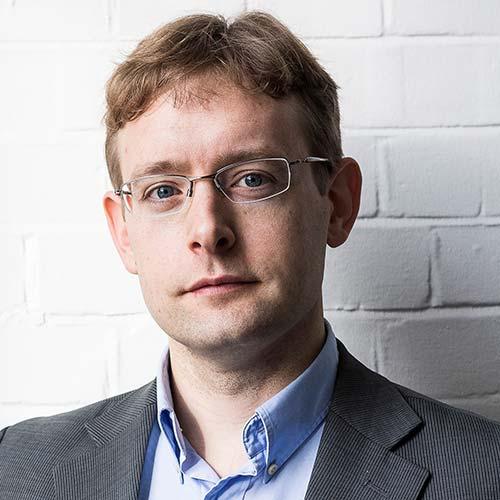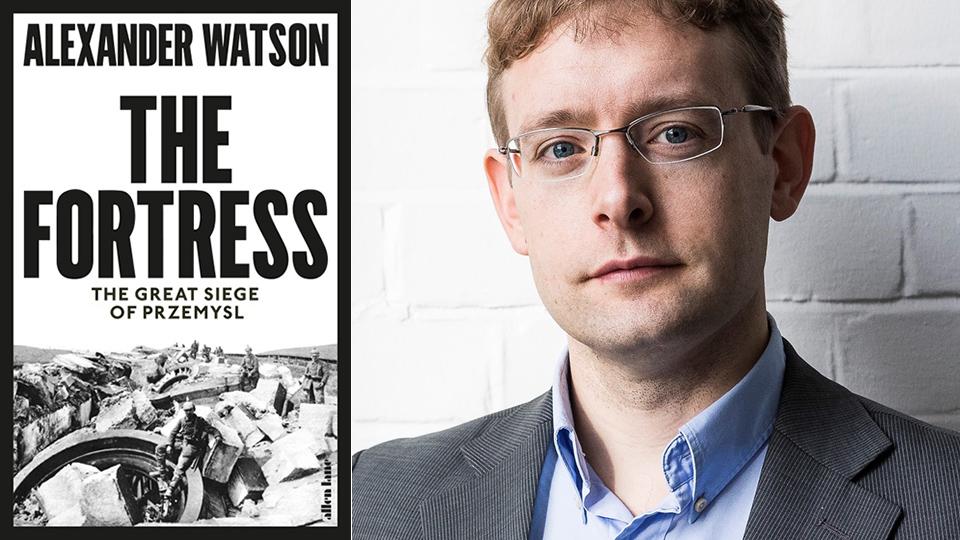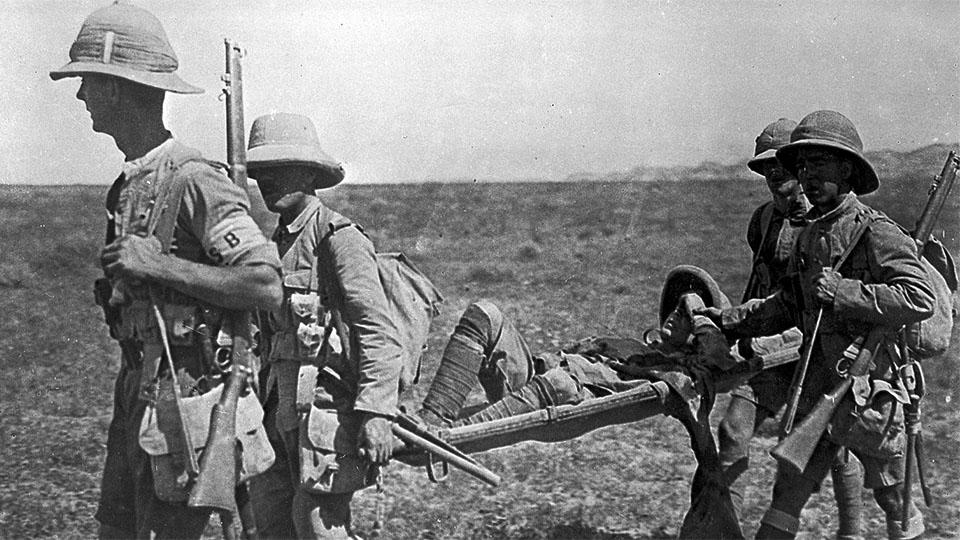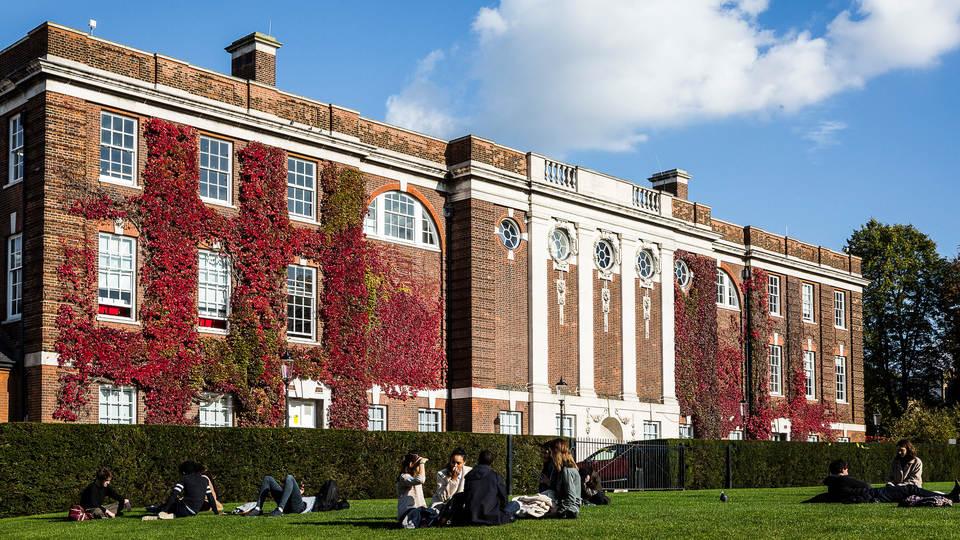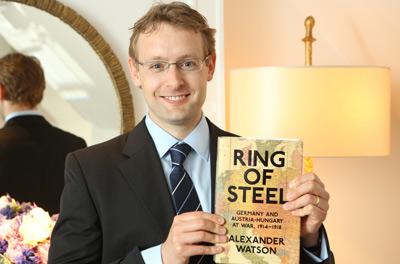Watson, Alexander. 2011. Fighting for Another Fatherland: the Polish Minority in the German Army, 1914-1918. The English Historical Review, 126(522), pp. 1137-66. ISSN 0013-8266
Watson, Alexander and Porter, Patrick. 2010. ‘Bereaved and Aggrieved: Combat Motivation and the Ideology of Sacrifice in the First World War’. Historical Research, 83(219), pp. 146-64. ISSN 1468-2281
Watson, Alexander. 2008. Culture and Combat in the Western World, 1900-1945. The Historical Journal, 51(2), pp. 529-46. ISSN 0018-246X
Watson, Alexander. 2007. ‘Junior Officership in the German Army during the Great War, 1914-1918’. War in History, 14(4), pp. 429-53.
Watson, Alexander. 2006. ‘Self-Deception and Survival: Mental Coping Strategies on the Western Front, 1914-18’. Journal of Contemporary History, 41(2), pp. 247-68.
Watson, Alexander. 2005. ‘“For Kaiser and Reich”: the Identity and Fate of the German Volunteers, 1914-1918’. War in History, 12(1), pp. 44-74. ISSN 0968-3445
